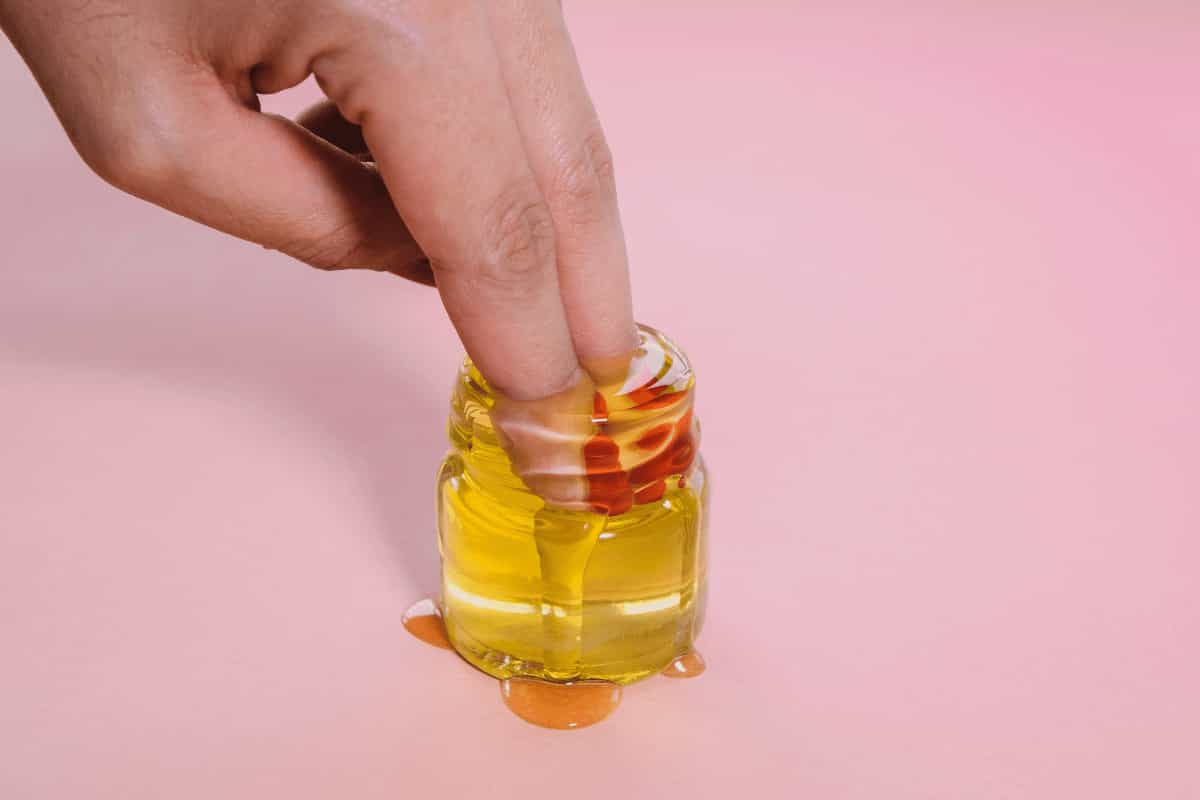Overcoming Vaginal Dryness

At least 50-60% of postmenopausal women experience the symptoms of Genitourinary Syndrome of Menopause (GSM), a collection of symptoms including vaginal dryness. GSM symptoms can start anytime during perimenopause or after menopause, and they tend to worsen with time.
GSM is characterized by various symptoms, such as vaginal dryness, burning, itching, vaginal discomfort, pain and burning when urinating, dyspareunia (pain with vaginal penetration), and spotting blood during intercourse. As you can imagine, GSM can be more than just a little irritation. Many women suffer in silence and don’t speak with their healthcare providers about the many treatment options.
Not surprisingly, GSM can significantly affect your sex life and quality of life. So, what’s a woman to do?
Other Potential Factors
As you might imagine, the decline in estrogen levels around menopause is the biggest factor in setting the stage for GSM. However, other factors could be worsening your symptoms:
- Cold and allergy medications
- Antidepressants
- Douching and using soaps and scented products on the vaginal area
- An autoimmune disease called Sjögren’s syndrome, which attacks moisture-producing cells in the body
- Inadequate foreplay and arousal before intercourse
Whatever causes it, it’s not fun for anyone. So what can you do about it?
6 ways to combat vaginal dryness during menopause
1. Topical estrogen therapy
Low-dose estrogen medication is a targeted approach to hormone restoration that doesn’t impact the hormone levels in your bloodstream like systemic or system-wide hormone therapy.
There are a few types of vaginal estrogen many women use to increase estrogen levels. The first is a soft and flexible ring (Femring, Estring), which is inserted into the vagina and releases a consistent flow of estrogen to the vaginal tissues. This is replaced every 3 months.
Next is a tablet (Vagifem), inserted into the vagina daily for two weeks and then twice per week as needed. A gel capsule is also available (Imvexxy).
Lastly, two estrogen creams (Estrace, Premarin) are often used, which are applied for a few weeks and then as needed.
Non-estrogen options include a vaginal suppository (Intrarosa) and an oral tablet called Osphena. Osphena is a selective estrogen receptor modulator (SERM) medication commonly prescribed for treating painful sex associated with vaginal dryness and atrophy.
The decision to pursue a particular estrogen treatment is best made in conjunction with a healthcare provider knowledgeable about the various options.
2. Vaginal moisturizers
There are numerous products available that are worth checking out. Look for organic, natural products free of chemicals and toxins. In a study, researchers concluded that vaginal gels and moisturizers were just as effective as vaginal estradiol tablets.
3. Vaginal lubricants for sexual activity
For better or worse, you now have a wide range of choices for lubricants made with water, silicone or oil bases (or a combination).
4. Avoid habits that make your vagina drier
This includes douching and using fragrance-containing products near your vagina, like bubble baths and scented soaps and lotions.
If you smoke, quit, as this can also promote vaginal atrophy. Stay hydrated, exercise regularly, and have sex as often as you are comfortable can also help prevent further dryness or atrophy.
5. Take probiotics
Though limited, some research supports adding probiotics to your diet to improve vaginal atrophy and dryness. It may help by creating a healthier vaginal pH, which, in turn, may improve vaginal health including atrophy and dryness. There are many probiotic supplements on the market made specifically to target the female reproductive system. However, you can also add probiotics to your diet through whole fermented foods, such as kefir, tempeh, natto, miso, and sauerkraut.
6. Try botanicals
While there is no strong scientific evidence to support this claim, some people suggest that herbal supplements like black cohosh and wild yam may be able to relieve dryness caused by menopause. If you are considering supplements, educate yourself on supplement safety and talk to your doctor, as there are potential side effects and interactions of certain herbs and minerals.
Be sure to speak with your healthcare provider to determine the best approach for you to overcome vaginal dryness. There are some considerations and potential side effects with every type of intervention. If you have a history of breast or endometrial cancer, you may not be a candidate for estrogen therapies. Stay persistent until you find something that works for you.
Sign up for more unique women’s health content
By submitting this form, you agree to the Lisa Health Privacy Policy and Terms of Use


